The Valley Express Salutes Milbank Police Officers During National Police Week
Local News May 14, 2021 Staff 0
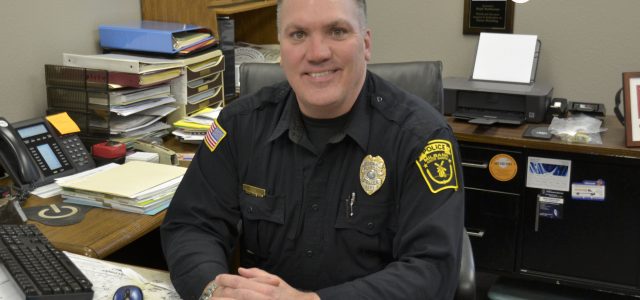
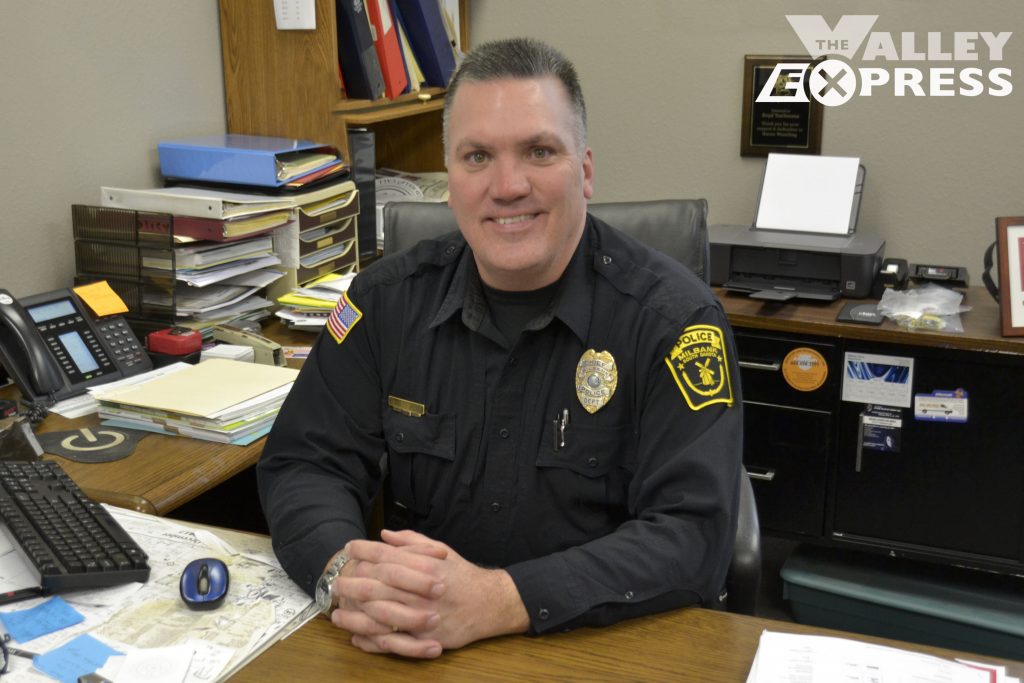
Ever wake up at 3 a.m. and think you’re the only person in town who’s awake? Rest assured, you are not. The Milbank Police Department is always on the job. Milbank Police Chief Boyd VanVooren says, “We are a 24-hour law enforcement agency, which means we are never closed. We always have an officer on duty in a patrol car.”
In honor of National Police Week from May 9-15, The Valley Express also asked Chief VanVooren a few questions to learn more about the Milbank Police department.
If I have an emergency and call the police, who answers? “The Milbank PD uses two dispatch centers. We are supported by both the local dispatch at the Grant County Sheriff’s office and the dispatch in Watertown. Watertown PD handles all the 911 calls in our area.”
Who responds to calls? “Currently, we have six full-time officers and one part-time officer.” Along with VanVooren, Carl Bostrom, Kiel Zinter, Ted Bray, Jake Folk, Corey Hooth, and Zack Angerhofer (pt) make up the force. All are certified by the State of South Dakota.
“The Milbank department also maintains a reserve unit. The reserves have the huge responsibility of helping the certified staff. They assist a certified officer on patrols and help with transports, special events, guard duties, and many other of other duties.”
How many calls do you receive? “We respond to calls every shift. We take each call very seriously because it is important to the person calling. Each day is different — some days we have numerous calls, some days are quiet.”
How many years of experience do the officers on the force have? “We have a good mixture of experience at the MPD. We have two officers with more than 20 years of experience and two officers with 12 -13 years. The others average about five years. It’s good to learn new ideas from the younger officers.”
How long is an officer’s shift? “Milbank officers work both 11 and 12-hour shifts. We try to always have two officers working. We can never guess when it will be busy or when things could happen. The good thing is that another officer can be called out if anyone needs help.”
What tools do you carry with you during a shift? “Our officers have a lot of equipment on their belt and in the patrol car. All officers are certified yearly with their sidearm. We also use the tazer when needed. A shotgun/rifle are also kept in the patrol car.”
About how many miles do you put on a police vehicle each year? “Our patrol cars are driven a lot. We average about 20,000 miles a year on our three patrol units, and we try to get 100,000 miles out of a patrol unit.”
What’s the best thing about your job? “I’ve always believed the best part of being a police officer is helping people. Of course, we have to write tickets, make arrests, investigate crimes, etc. I feel it is most rewarding to help a victim of a crime or talk to children about making good choices.”
What is the worst part of your job? “As an officer you see some things that are very disturbing. We have to be able to deal with horrific accidents, suicides, domestic assaults, and other traumatic events.”
Have you experienced dangerous moments? “Each call can be dangerous. We all all have heard about the dangers of domestic violence calls. I feel when people are under the influence of drugs or alcohol, they are sometimes unpredictable. Some of the most dangerous things can happen while operating a motor vehicle.”
What do movies and TV get wrong about your job? “I try not to watch “cop” shows on TV. Solving crimes is not an easy job. On TV they make it look so easy; it can be solved within the hour of the show. Not true in real life. We try to do the best we can. We also have rules to follow so we do not violate someone’s rights.”
What community events do the Milbank officers participate in? “Since I started working in Milbank, my main goal was to make the Milbank PD a community police department. I feel by officers being in the community can only make our department stronger. A citizen — young or old — should feel that they can come to the PD if they need help.
We try to get out into the schools and talk to kids. Our officers teach different classes in JA or DARE. These all have good messages, but I feel the relationship you have with kids is sometimes more important than the message. Each officer is a role model, and we will continue to do the best we can for our community.”




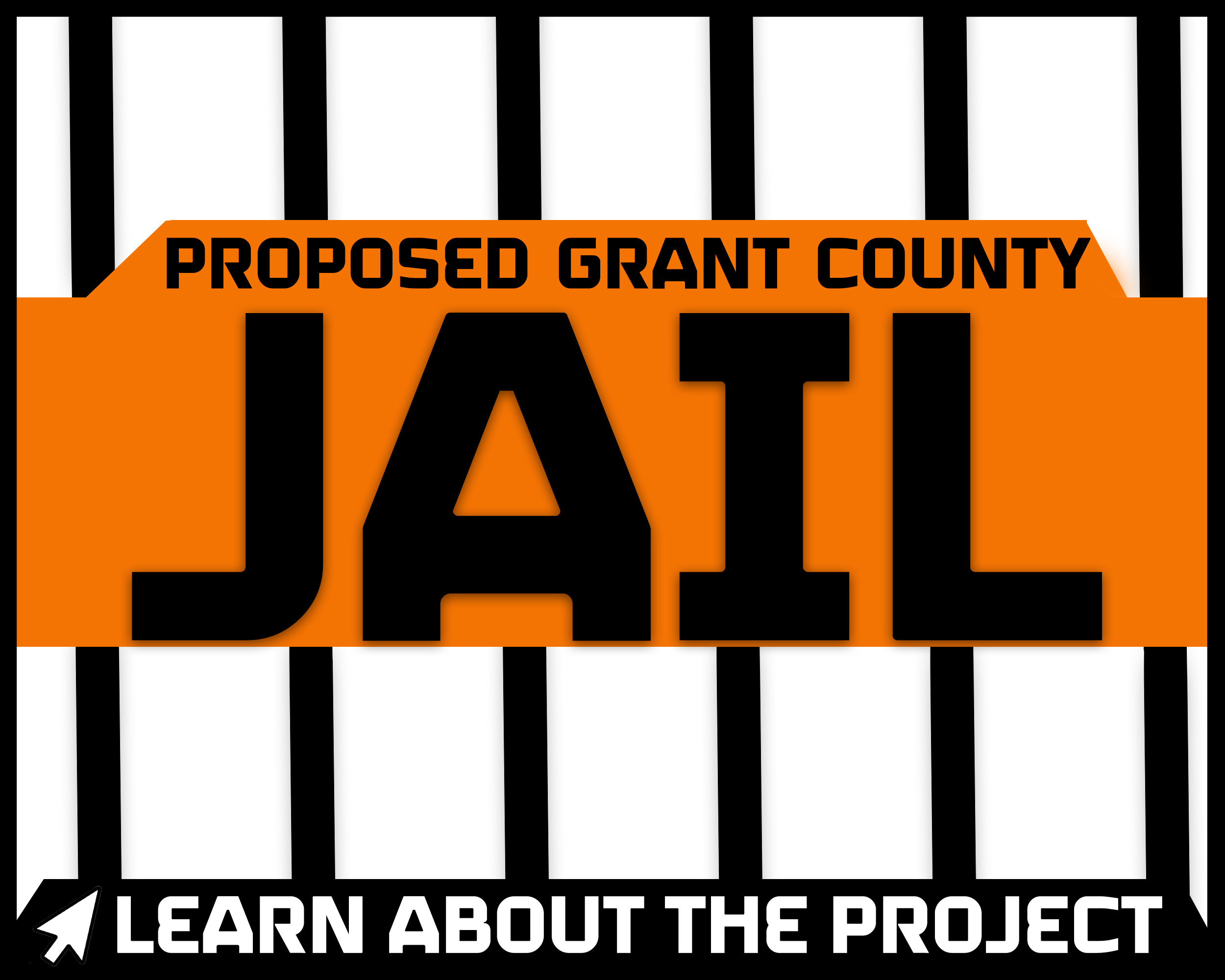
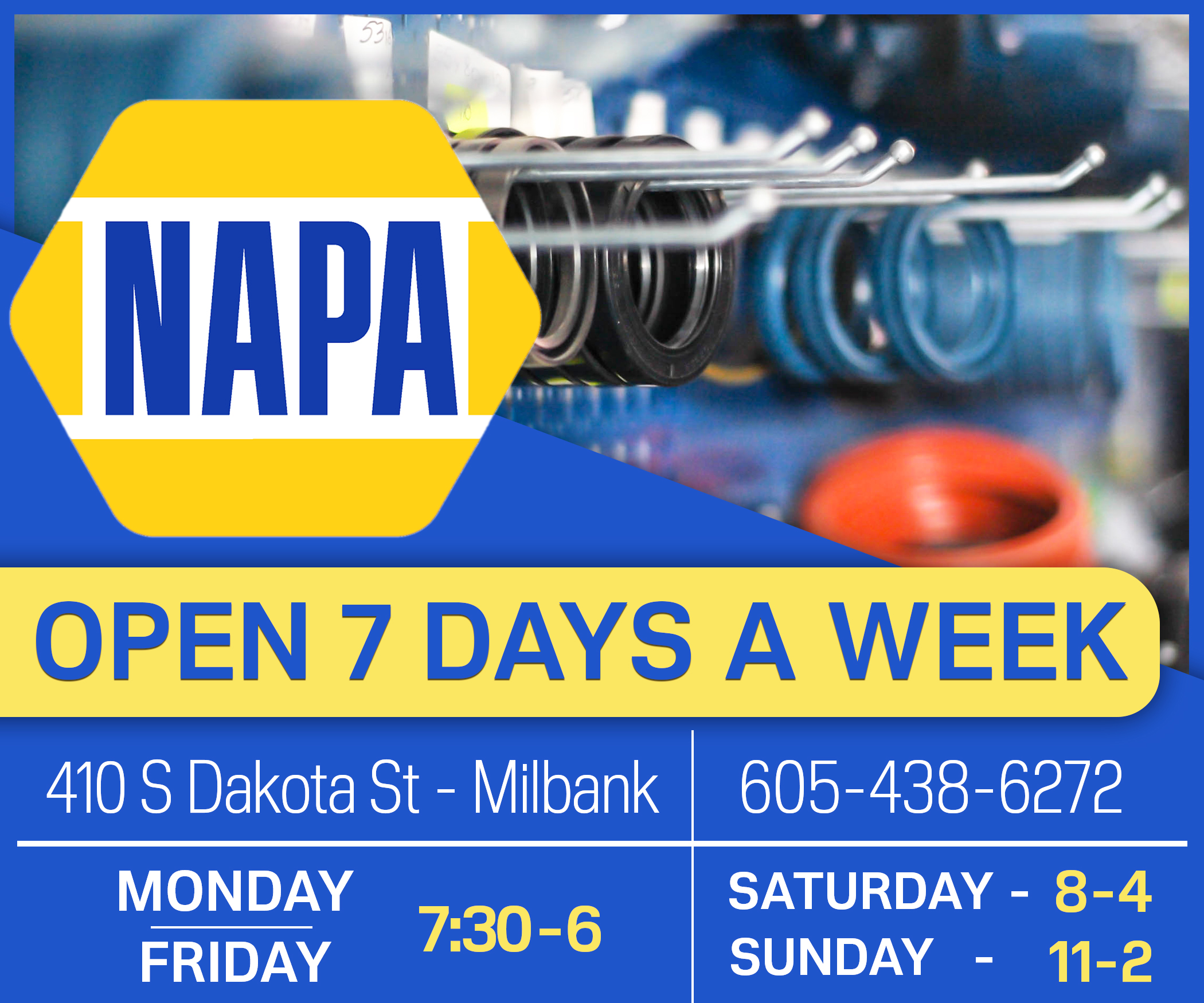
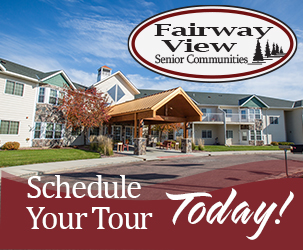


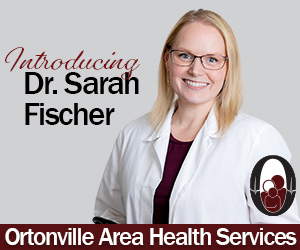



No comments so far.
Be first to leave comment below.